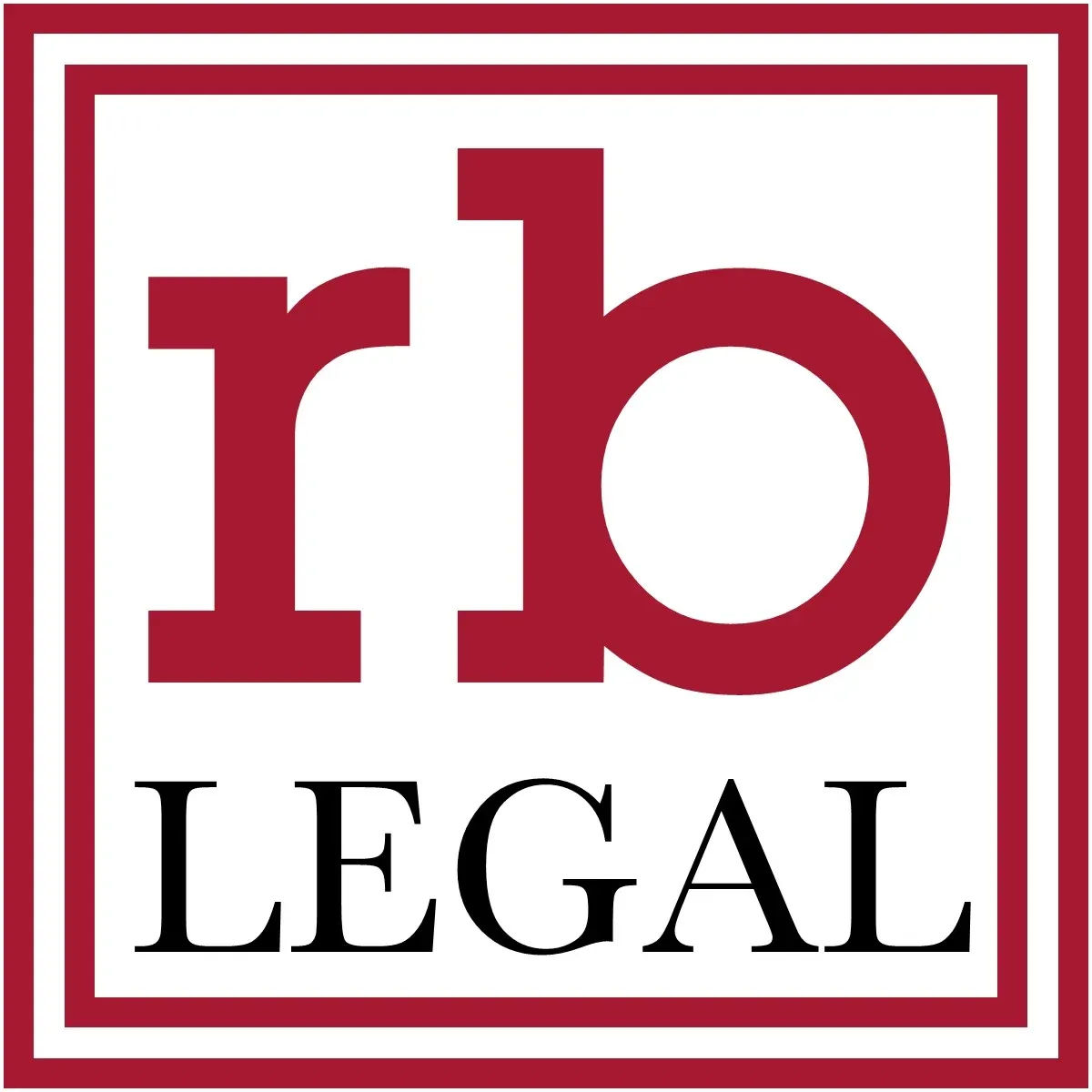When an individual passes on, their estate will go through probate. Basically, this is the legal process of identifying assets that are held in the decedent’s name and paying their debts and estate taxes before distributing whatever is left according to the stipulations on their will or Minnesota intestacy laws (if the decedent had no will).
Knowing how the Minnesota probate process works can make things a lot easier to navigate, especially when you are still grieving the loss of your loved one.
Minnesota probate process
Under Minnesota law , you have up to three years from the date of the decedent’s death to initiate the probate process. That said, you can file an application for informal probate or petition the court for formal probate five days after the decedent’s death.
Formal vs. informal probate: What’s the difference?
The state of Minnesota recognizes two types of probates: formal and informal probate. Informal probate, as the name suggests, does not require court supervision. This type of probate is ideal for small estates in which the decedent did not own a lot of assets or have minor children or beneficiaries that require legal protection.
Formal probate, on the other hand, involves court supervision. The decedent’s estate does not necessarily have to be complex to go through formal probate. That said, some of the situations that might necessitate court-supervised probate include:
- Disputes regarding the validity of the decedent’s will
- Existence of minor beneficiaries or other vulnerable heirs who may require protection
- Disagreements between the beneficiaries
- Existence of unenforceable provisions in the will
- Existence of complex assets and debts
Probate is designed to ensure that everyone gets their fair share of the inheritance. Find out how you can safeguard your rights and interests during the probate process.

© 2024 rb LEGAL
The information you obtain at this site is not, nor is it intended to be, legal advice. You should consult an attorney for advice regarding your individual situation. We invite you to contact us and welcome your calls, letters and electronic mail. Contacting us does not create an attorney-client relationship. Please do not send any confidential information to us until such time as an attorney-client relationship has been established.